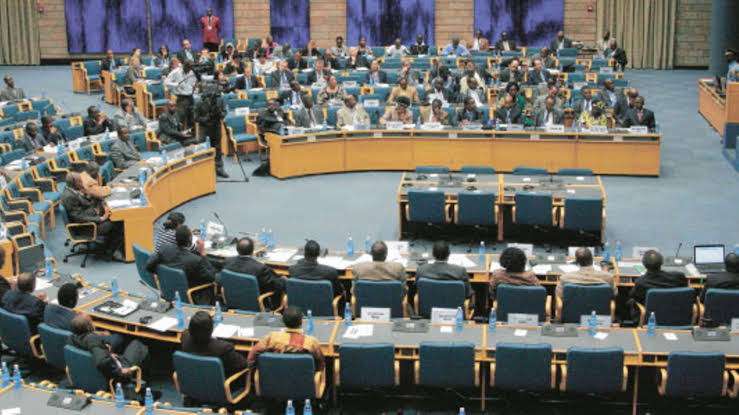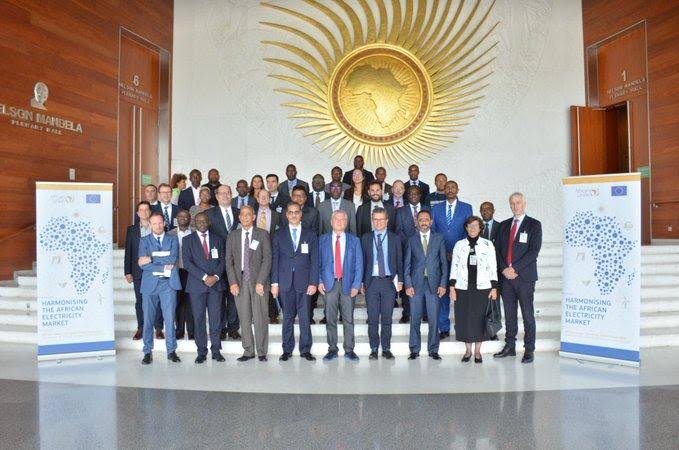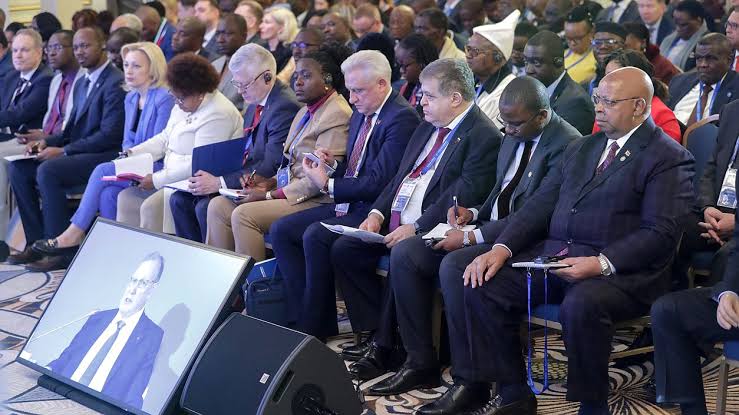
Faith Nyasuguta
A new policy report is warning African countries to tread carefully when signing green energy and industrial agreements with Europe, saying the continent risks repeating old mistakes if deals are not properly managed. The study, released by the Africa-Europe Foundation, frames Europe’s growing interest in Africa’s renewable energy potential as both a major opportunity and a serious test of leadership for African governments.
Africa holds around 40% of the world’s untapped renewable energy potential, making it an ideal location for producing green hydrogen, ammonia, and iron. European industries, under pressure to decarbonize sectors such as steel, fertiliser, and shipping fuel, are turning to Africa because renewable energy is cheaper and less geographically constrained there than within Europe.
According to the report, this surge of interest could help Africa attract large investments, create jobs, and add value to its raw materials before export. But it also warns that without solid strategies, African nations risk becoming little more than a “green fuel station” for Europe – supplying raw energy while failing to develop local industries, echoing the extractive patterns of the past.

The report highlights countries such as Morocco, Namibia, and Egypt, which are building large-scale renewable projects aimed not only at exports but also at powering domestic industries and homes. These examples show Africa can combine external partnerships with local benefits. The key, it argues, is for governments to embed green energy projects into national development plans rather than treating them solely as export ventures.
To avoid a new wave of “green colonialism,” the Africa-Europe Foundation recommends several measures. African governments should link green projects to domestic priorities like fertiliser production, manufacturing, and electricity access. They should also use the African Continental Free Trade Area (AfCFTA) to create regional markets for green products, boosting bargaining power with external partners. Furthermore, any deals should include provisions for technology transfer, workforce training, and local value addition, ensuring benefits flow directly to African populations.
The warning comes at a time of rising global competition over Africa’s resources. At COP27, for instance, several fossil fuel deals were signed even as international leaders called for a pivot to renewables – raising questions about who truly benefits from these agreements. The report argues that if handled correctly, green industrial projects could help tackle Africa’s energy poverty, where over 600 million people still lack access to electricity.

Finally, the report stresses Europe’s responsibility. Supporting Africa’s green industries fairly would help Europe meet its climate goals while contributing to Africa’s long-term development. But the authors are clear: “Africa’s industrial future should not be dictated by external interests alone, but co-developed with partners where interests align.”
For African leaders, the moment represents both a chance to shape the global energy transition and a risk of falling back into exploitative patterns – one that must be navigated with foresight and unity.
RELATED:








